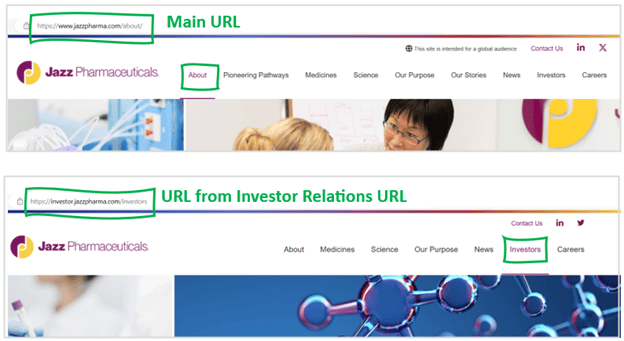Integrating a website with other business systems enhances operational efficiency by streamlining data flow and communication, reducing manual errors, and providing a consolidated view of crucial data. Bi-directional, seamless integrations foster improved decision-making, superior customer experiences, and scalability, creating a more cohesive and responsive business environment.
Harris Web Works optimizes processes for sustained growth by connecting your website with other business platforms, incorporating functionality from your ERP, CRM, PIM, HR, XML feeds and many more. With extensive experience in connecting systems, we efficiently customize processes based on client needs, addressing technical, logistic, design, or security questions.
Why Partner with Harris Web Works for System Integrations?
Harris Web Works excels in seamlessly integrating websites with third-party systems, unlocking a multitude of advantages for businesses. Our expert planning and technical support enhance operational efficiency by facilitating smooth data flow and communication across diverse departments. The real-time synchronization of information minimizes manual errors, elevates customer experiences, and presents a unified perspective of vital business data. Benefits include improved accuracy regarding multiple processes, efficient inventory management, and overall scalability.
Following are various types of systems that when integrated with a website, enhance functionality, streamline processes, and provide a better user experience:
- ERP (Enterprise Resource Planning): Integration with ERP systems (ie, NetSuite or Odoo) enables seamless data flow between the website and internal business processes, vastly improving efficiency and accuracy.
- CRM (Customer Relationship Management): Integrating with CRM systems helps businesses manage customer interactions, track leads, and personalize user experiences.
- Payment Gateways: Integrating secure payment gateways allows websites to process online transactions efficiently and securely.
- Inventory Management Systems: Integration with inventory systems ensures real-time tracking of stock levels, preventing overselling or stockouts.
- Marketing Automation: Integrating with marketing automation tools enables personalized marketing campaigns, lead nurturing, and data-driven insights.
- PIM (Product Information Management): PIM integration ensures consistent and accurate product information across various channels, improving the customer shopping experience.
- Analytics Tools: Integrating with analytics platforms provides insights into website performance, user behavior, and other key metrics.
- Shipping and Logistics Systems: Integration with shipping and logistics systems automates order fulfillment, tracking, and delivery processes.
- HR Systems: For employee-focused websites, integrating with HR systems can streamline recruitment, onboarding, and employee management processes.
- Social Media Platforms: Integration with social media allows for seamless sharing of content, social login options, and social media analytics.
- Communication and Collaboration Tools: Integrating with tools like email, chat, or project management systems enhances internal and external communication.
- Authentication and Single Sign-On (SSO): Integration with authentication systems provides secure login options and a unified user experience.
- Booking and Reservation Systems: For service-oriented businesses, integrating with booking systems facilitates appointment scheduling and reservations.
These integrations can be tailored to meet the specific needs of businesses and industries, providing a more connected and efficient digital ecosystem. In particular for ecommerce websites, integrations enhance online shopping experiences, inventory management, order processing, and more, leading to more customer engagement and increased loyalty.
Product, customer and other large and ongoing batches of data are typically done via an application program interface (API), manual transport, FTP file exchange and/or other custom technique. We use purchased connectors or our custom-developed connector tool SYNC ConnectionTM.
Template Integrations, an Important Hidden Feature
Many websites rely on information from external systems for news feeds, careers information, investor relations, etc. However, the content from these integrations often exists on a different domain than the main site. Yet, it must look as if it’s part of the main site. Template integrations are custom built to enable external content to display with the website’s design, using i-frames at times. This lets the entire website appear to the user as one consistent entity, important for complying with branding and regulatory requirements.
This example shows the functionality we built for Jazz Pharmaceuticals.

Merging external data into a website involves making sure data flows quickly & accurately, functions perform as desired, and the user experience is seamless. Following are some examples of website builds we’ve handled that required customized integrations. These cover websites built in Magento and WordPress.
- Back-Office ERP Systems: NetSuite, FileMaker, Odoo
- News, Investors, and Careers: NASDAQ, Thompson-Reuters, Oracle Taleo
- Social Media: Instagram, Twitter/X, Facebook, YouTube








